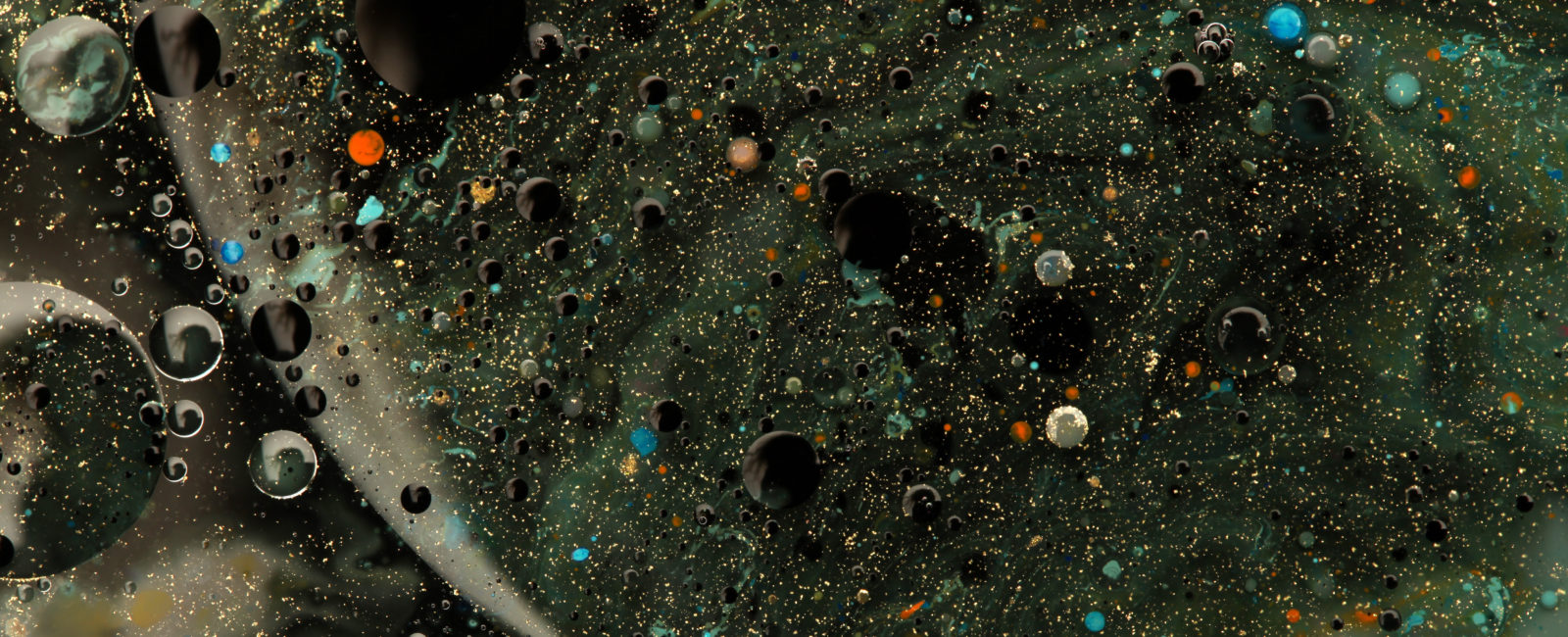


Michael Behe and Michael Medved Explore Secrets of the Cell
On today’s ID the Future, Michael Medved interviews biologist Michael Behe about Behe’s visually stunning YouTube series, Secrets of the Cell. Behe summarizes one of the key messages of the video series, namely that everything from the life-essential blood clotting system to a myriad of crucial protein structures in our bodies increasingly appear to be far beyond the reach of blind evolutionary mechanisms to build. Instead they appear to be the work of planning and purpose, which is the purview of mind. Meanwhile, even many mainstream evolutionists are growing skeptical of neo-Darwinism, Behe says, as biologists continue to uncover more and more layers of cellular sophistication. The emerging field of metagenomics, he says, is a case in point. Medved also mentions a recent article in World magazine where Behe also lays out a case for intelligent design The piece is here.
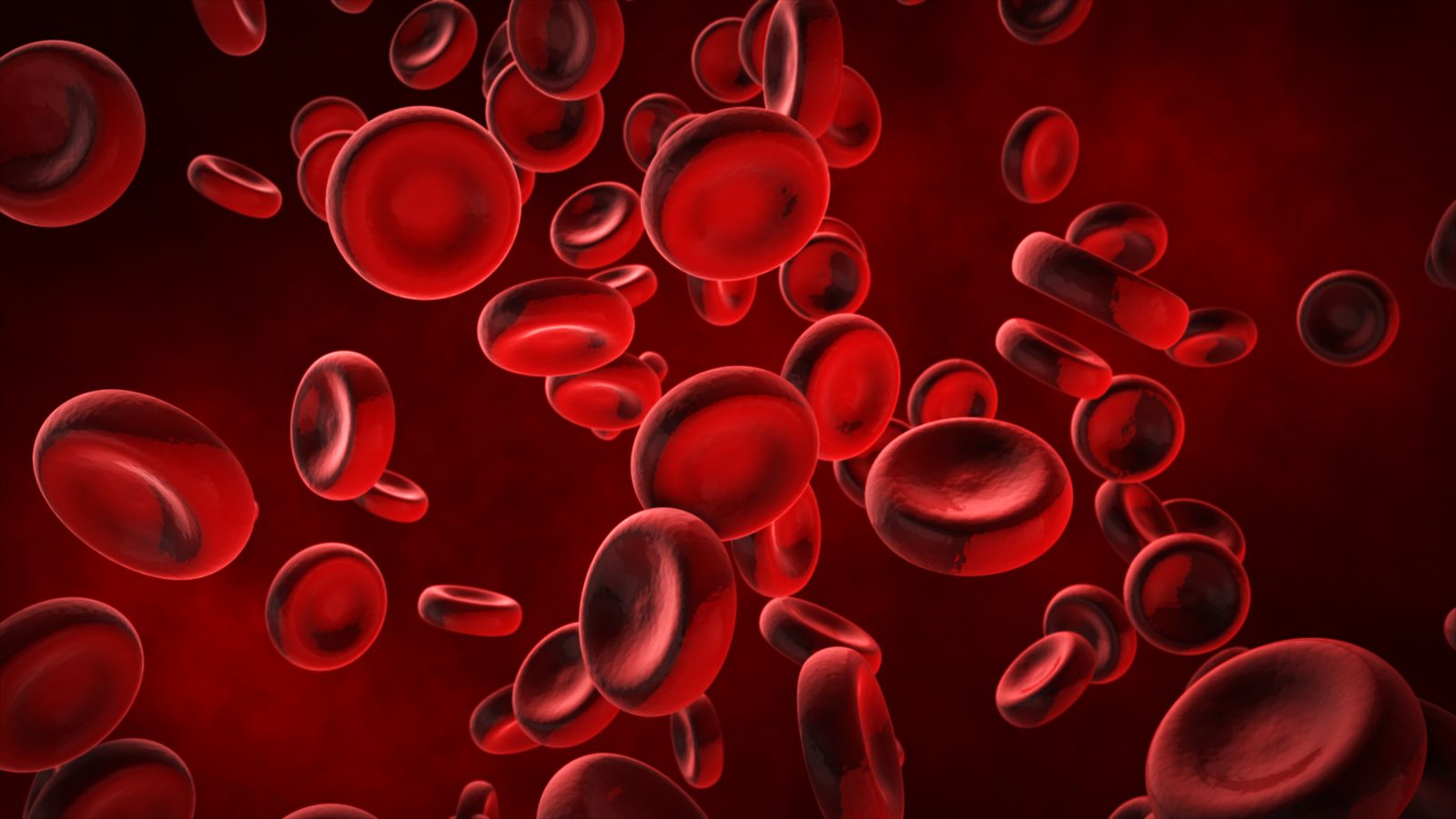
Behe Counters the Best Objections to Irreducible Complexity and ID, Pt 2
Today’s ID the Future continues A Mousetrap for Darwin author Michael Behe’s conversation with philosopher Pat Flynn, focused on some of the more substantive objections to Behe’s case for intelligent design in biology. In this segment the pair discuss the bacterial flagellum, the cilium, and the blood clotting cascade, and tackle critiques from Alvin Plantinga, Graham Oppy, Russell Doolittle, Kenneth Miller, and others. This interview is posted here by permission of Pat Flynn.
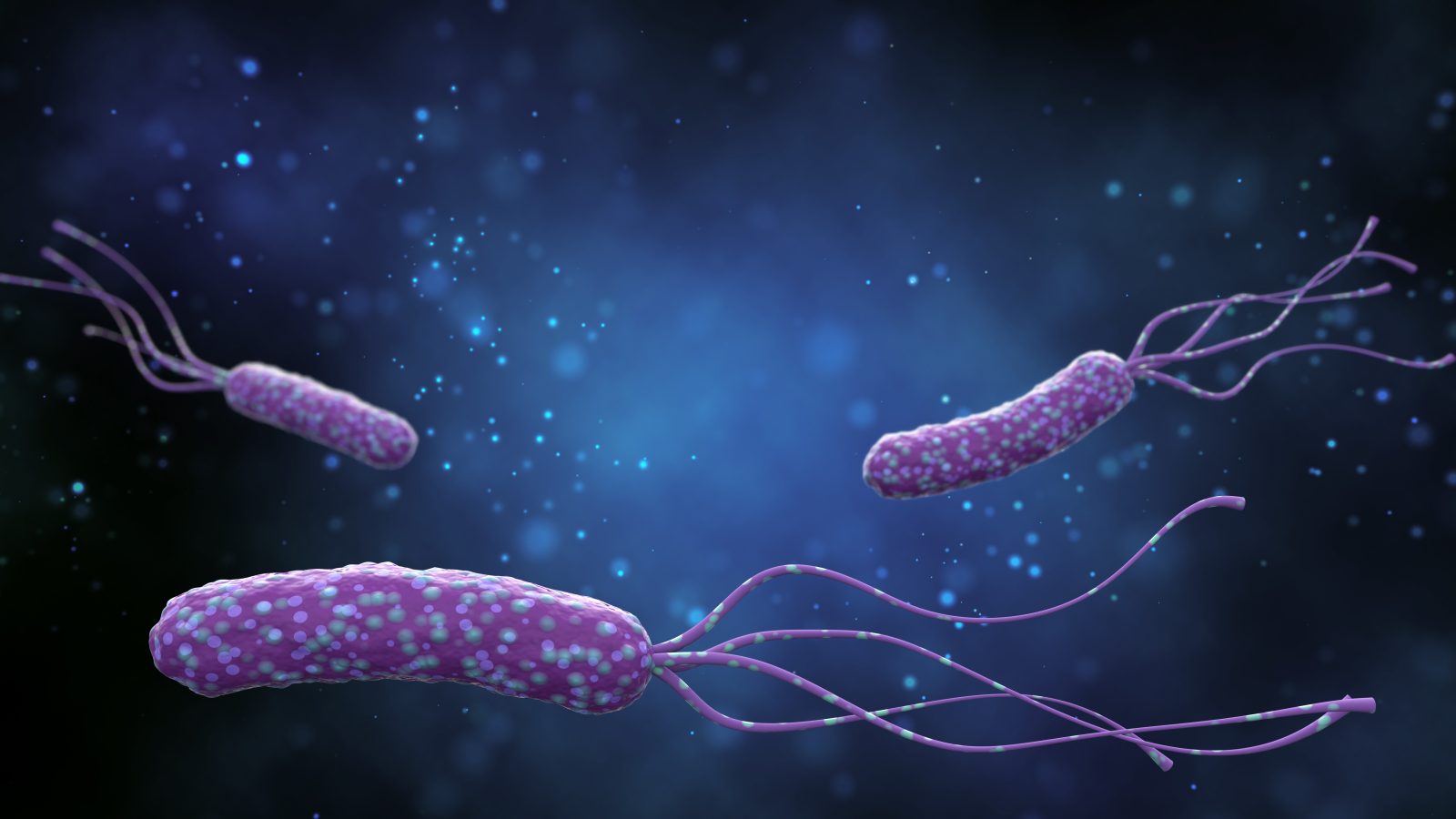
Behe Answers the Best Objections to Irreducible Complexity and ID, Pt. 1
On today’s ID the Future Lehigh University biologist Michael Behe addresses what Philosophy for the People host Pat Flynn considers some of the best objections to Behe’s central intelligent design argument. As far back as the 1996 book Darwin’s Black Box, Behe has argued that certain features in biology are irreducibly complex. That is, they require numerous essential parts, each carefully fitted to its task and integrated with the other parts, in order for the molecular machine or system to function at all. Two examples are the bacterial flagellum motor and the blood clotting cascade. Such systems are, in Behe’s words, irreducibly complex and could not have arisen through any blind and gradual evolution process. The better explanation for their origin: intelligent design. Since Darwin’s Black Box became a bestseller a generation ago, Behe has attracted opponents in places high and low. Following the philosopher Alvin Plantinga, Flynn says that some of the attacks on Behe have been hysterical, but some have been more thoughtful. In this series Flynn focuses the discussion on what he regards as some of the more substantive and interesting objections, beginning with one from a noted philosopher who is partly sympathetic to Behe’s work, Plantinga himself. Behe gamely responds. This episode is used by permission of Pat Flynn. To see Behe’s responses to common and key objections collected in a single book book, get your copy of his newest book, A Mousetrap for Darwin: Michael J. Behe Answers His Critics.

Behe and Ramage: Evolution’s Limits and the Fingerprints of Design
Today’s ID the Future wraps up a debate over evolution and intelligent design between Lehigh University biologist Michael Behe and Benedictine College theologian Michael Ramage. Both Behe and Ramage are Catholic, and they carry on their conversation in the context of Catholic thinking about nature and creation, in particular the work of Thomas Aquinas and contemporary Thomist philosophers. Ramage seeks to integrate his Thomistic/personalist framework with modern evolutionary theory’s commitment to macroevolution and common descent. Behe doesn’t discount the possibility of common descent but lays out a case that any evolution beyond the level of genus (for instance, the separate families containing cats and dogs) cannot be achieved through mindless Darwinian mechanisms and, instead, would require the contributions of a designing intelligence. Behe then summarizes both the negative evidence against the Darwinian mechanism of change and the positive evidence in nature for intelligent design. This debate was hosted by Pat Flynn on his Philosophy for the People podcast, and is reposted here by his permission.

Behe and Ramage Debate, Pt. 2: Evolution, ID, and Aquinas
Today’s ID the Future continues the conversation between Catholic intelligent design biologist Michael Behe and Catholic theologian Matthew Ramage. Both agree that nature points to a cosmic designer, but Ramage says he prefers, on aesthetic grounds, the idea that the biological realm has the capacity, gifted by God, to evolve on its own without the need for intervention by God. Behe notes that people have different aesthetic predilections, but it’s the scientist’s job not to figure out how he would have preferred things to have happened in nature, but to discover how they actually did come about. Behe also says that while the sun, moon, and stars do move according to fixed natural laws, it doesn’t follow from this that the many complex forms we find in biology arose purely through natural laws. The question of how they arose requires scientific investigation. Philosophy for the People Podcast host Pat Flynn leads the discussion, which is reposted here by his permission.

Michael Behe: Evolution, Devolution, Design
Today’s ID the Future features three recent Evolution News essays by Lehigh University biology professor and Darwin Devolves author Michael Behe, as read by host Andrew McDiarmid. In the first, nothing shows the feebleness of Darwinism quite so much as breathless stories about new results that turn out to be much ado about nothing. In this case, it’s some recent speculation about the rise of “lactase persistence” in many human adults. Then it’s onto malaria, much beloved of evolutionists, not for its lethality but as a demonstration of evolution in action. But Behe dissects the latest news story on the topic to show that the touted malaria evolution is, once again, malaria gnawing off the proverbial leg to achieve a niche advantage—that is, mere devolution. It’s akin, Behe says, to the rise of tuskless elephants in Africa, where having the devolutionary mutation that leaves an elephant tuskless renders the creature of no interest to elephant-slaying ivory poachers, thereby improving its chances of survival. In the third essay Behe makes a case for his favorite way of concisely describing what we detect when we detect intelligent design in biology. For a great collection of Dr. Behe’s essays, get a copy of his newest book, A Mousetrap for Darwin: Michael Behe Answers His Critics.
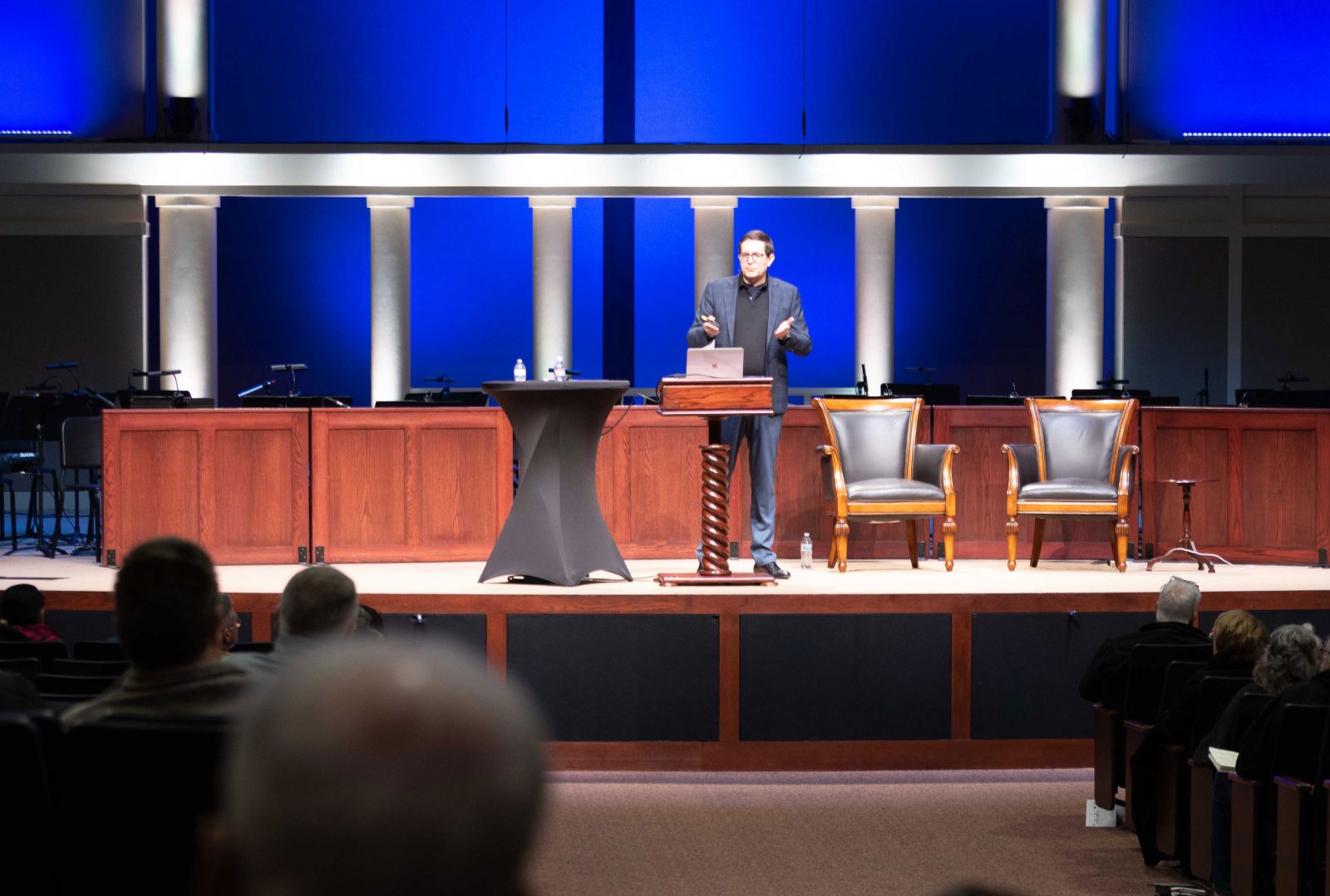
Brian Miller: The Surprising Relevance of Engineering in Biology
Today’s ID the Future brings listeners physicist and engineer Brian Miller’s recent lecture at the Dallas Conference on Science and Faith, “The Surprising Relevance of Engineering in Biology.” Miller rebuts several popular arguments for evolution based on claims of poor design in living systems, everything from the “backward wiring” of the vertebrate eye to whales, wrists, ankles, and “junk DNA.” But the main emphasis of this discussion is the exciting sea change in biology in which numerous breakthroughs are occurring by scientists who are treating living systems and subsystems as if they are optimally engineered systems. Some in this movement reject intelligent design for ideological reasons. Others embrace it. But all systems biologists treat these systems as if they are masterfully engineered systems, and that perspective is rapidly accelerating progress in experimental biology. At the forefront of this work is the Conference on Engineering in Living Systems (CELS). Miller provides an exciting sneak peek at some of the cutting edge research from members of this group.

Carl Sagan’s Love/Hate Relationship with Intelligent Design
On today’s ID the Future, philosopher of science Paul Nelson explores an intriguing tension in the thinking of famous scientist and science popularizer Carl Sagan concerning his agnosticism shading into atheism on the one hand, and on the other hand his embrace of certain ideas consistent with the theory of intelligent design. As Nelson is quick to clarify, if Sagan had lived to see the rise of the contemporary intelligent design movement, he probably would have rejected it, particularly its theistic implications. And yet, Nelson says, Sagan’s thinking and arguments laid out in his Gifford lectures and in his science fiction novel Contact strongly support the idea that intelligent design can be detected. Nelson goes further, saying that if we take the methods Sagan laid out for detecting intelligently designed radio signals from extra-terrestrial intelligence, and apply them to patterns in nature that ID theorists have pointed to (such as DNA), it’s hard not to see his methodology triggering a design inference. Tune in to hear Nelson’s reflections on this important tension in Sagan’s thinking, and what, according to Nelson, prevented Sagan from fully resolving it.
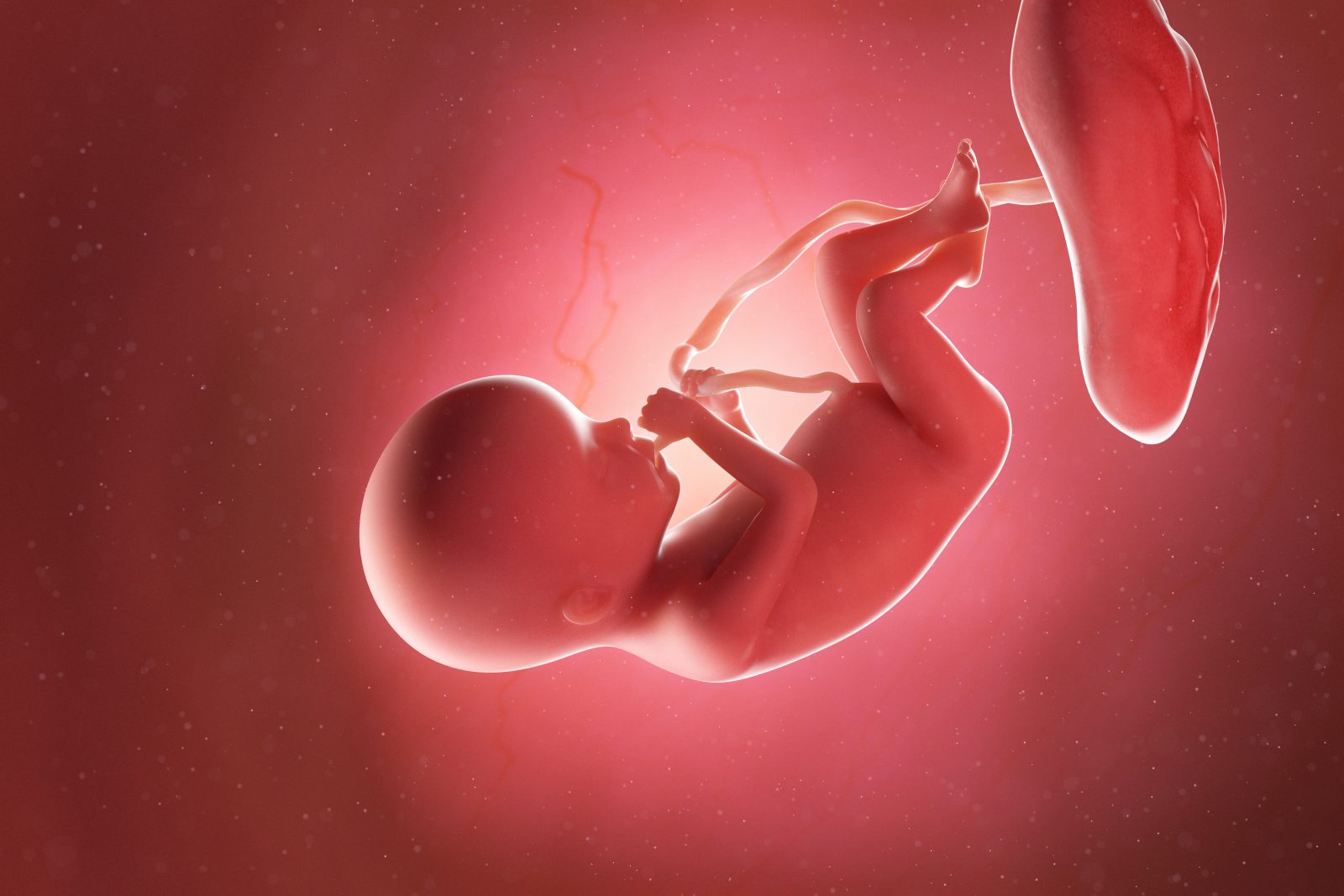
David Galloway: The Fetal Circulatory System is Irreducibly Complex
On today’s ID the Future, distinguished British physician and author David Galloway explains why he’s convinced that the human fetal circulatory system is irreducibly complex and therefore beyond the reach of blind gradualistic evolution to have built. In his conversation with host and fellow physician Geoffrey Simmons, Galloway also mentions some molecular machines that he’s convinced are irreducibly complex and shout intelligent design. The occasion for the conversation is Galloway’s new book, Design Dissected.